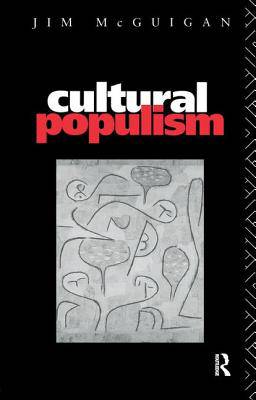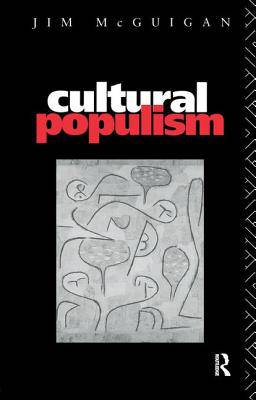
- Afhalen na 1 uur in een winkel met voorraad
- Gratis thuislevering in België vanaf € 30
- Ruim aanbod met 7 miljoen producten
- Afhalen na 1 uur in een winkel met voorraad
- Gratis thuislevering in België vanaf € 30
- Ruim aanbod met 7 miljoen producten
Zoeken
Omschrijving
First Published in 2004. This book provides a novel understanding of current thought and enquiry in the study of popular culture and communications media. The populist sentiments and impulses underlying cultural studies and its postmodernist variants are explored and criticized sympathetically. An exclusively consumptionist trend of analysis is identified and shown to be an unsatisfactory means of accounting for the complex material conditions and mediations that shape ordinary people's pleasures and opportunities for personal and political expression. Through detailed consideration of the work of Raymond Williams, Stuart Hall and 'the Birmingham School', John Fiske, youth subcultural analysis, popular television study, and issues generally concerned with public communication (including advertising, arts and broadcasting policies, children's television, tabloid journalism, feminism and pornography, the Rushdie affair, and the collapse of communism), Jim McGuigan sets out a distinctive case for recovering critical analysis of popular culture in a rapidly changing, conflict-ridden world. The book is an accessible introduction to past and present debates for undergraduate students, and it poses some challenging theses for postgraduate students, researchers and lecturers.
Specificaties
Betrokkenen
- Auteur(s):
- Uitgeverij:
Inhoud
- Aantal bladzijden:
- 304
- Taal:
- Engels
Eigenschappen
- Productcode (EAN):
- 9781138162969
- Verschijningsdatum:
- 13/01/2017
- Uitvoering:
- Hardcover
- Formaat:
- Genaaid
- Afmetingen:
- 138 mm x 216 mm
- Gewicht:
- 452 g

Alleen bij Standaard Boekhandel
+ 443 punten op je klantenkaart van Standaard Boekhandel
Beoordelingen
We publiceren alleen reviews die voldoen aan de voorwaarden voor reviews. Bekijk onze voorwaarden voor reviews.











